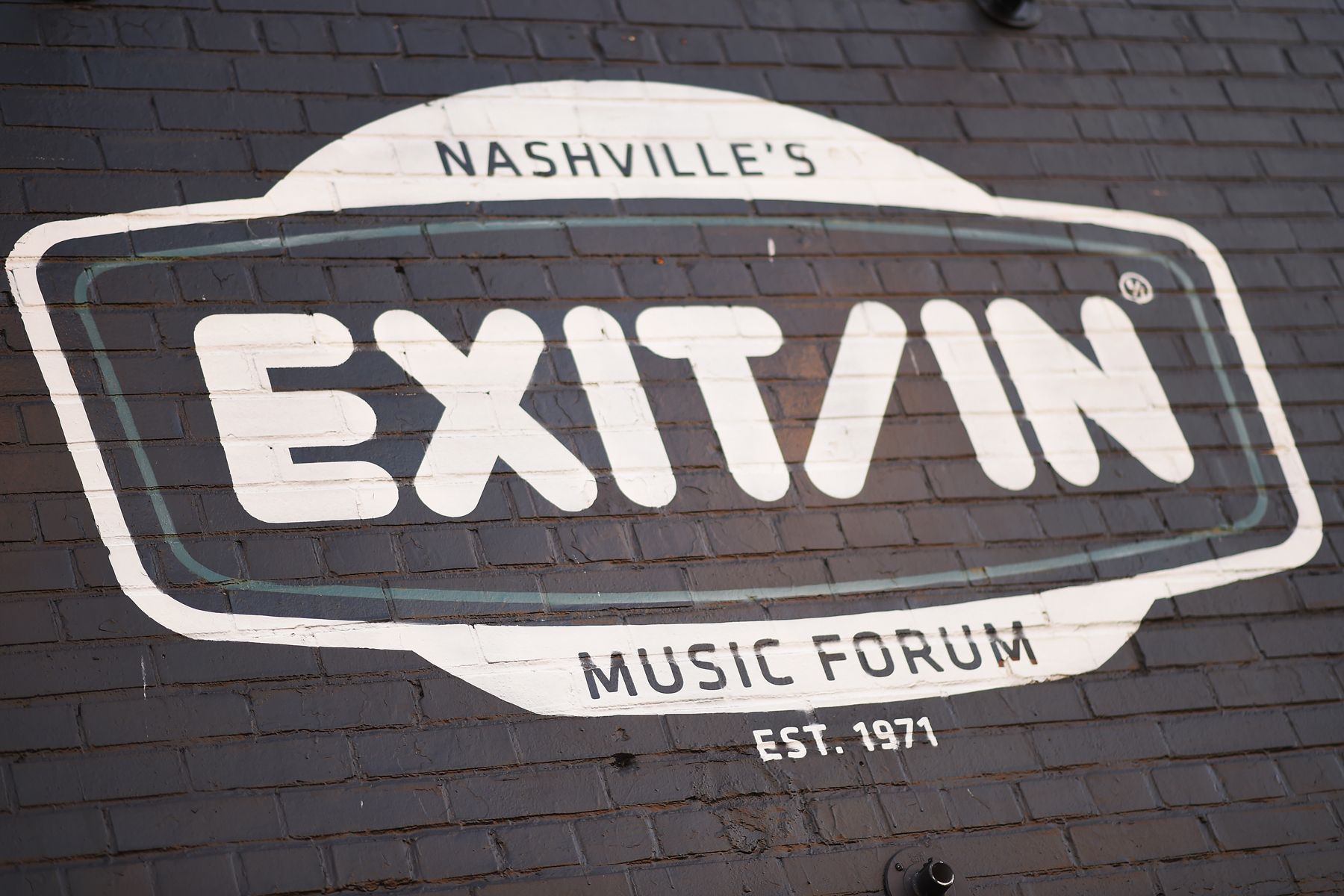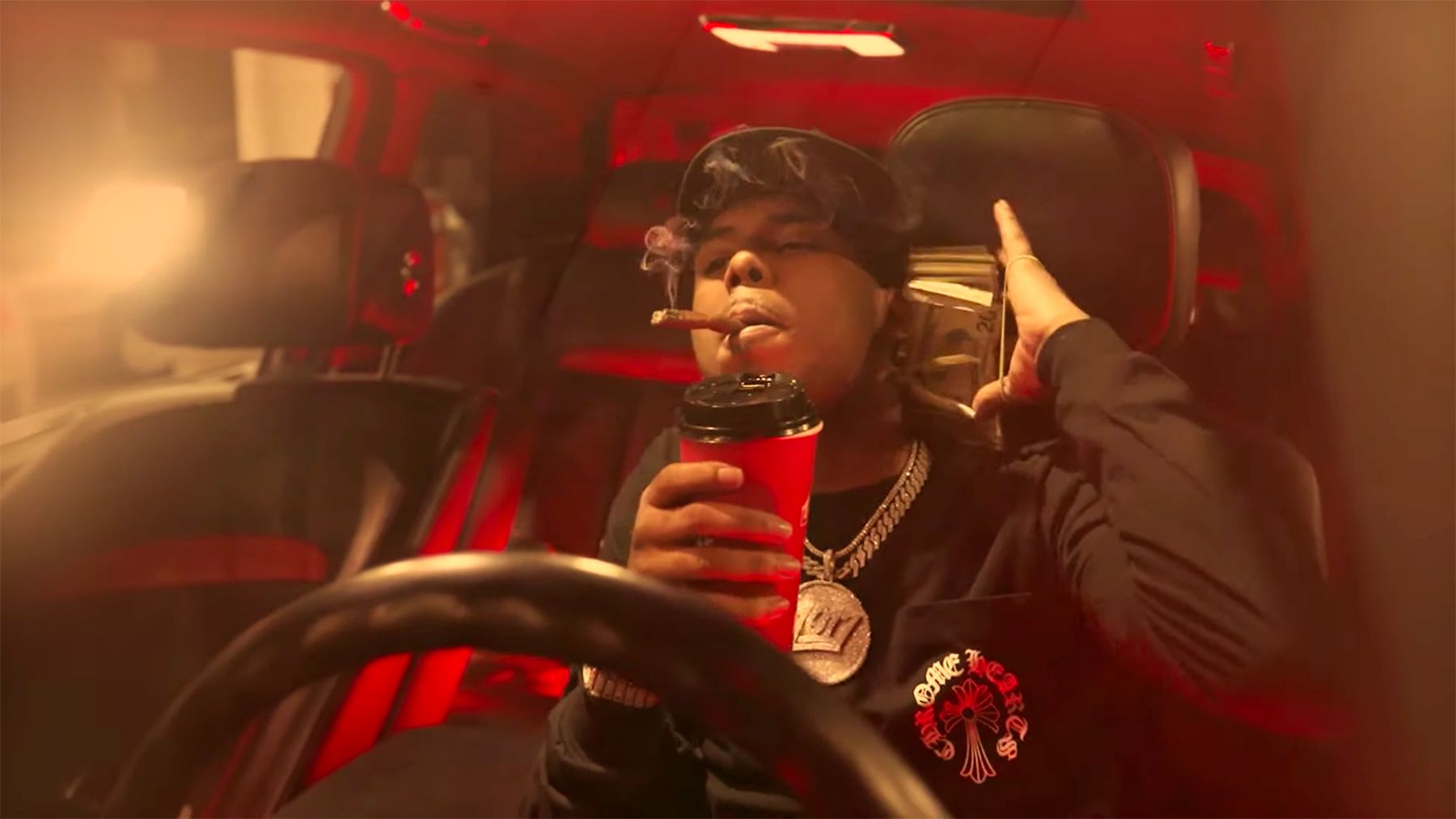
Nashville Music Clubs Get Emergency Relief Funding: ‘It Buys Us Some Time’
The live music industry has been decimated by the Covid-19 pandemic, with distancing guidelines and local ordinances keeping nearly all event spaces out of operation since March. In Nashville, independently owned venues got a much-needed lift on Thursday, as Metro Council approved a resolution to provide $2 million from CARES Act funding to help keep them afloat for the next two months.
Music Venue Alliance Nashville — a group of National Independent Venue Association members led by Mercy Lounge owner Todd Ohlhauser and Exit/In owner Chris Cobb — petitioned the Council’s Covid-19 Financial Oversight Committee, pointing out that 14 of the group’s 15 venue members would be shuttering if no assistance came before November. If that happened, it would erase a crucial piece of the local music landscape in which numerous country, rock, and pop performers, including Paramore and Soccer Mommy, have cut their teeth.
“We had a handful of people on the committee and the council who were very vocal advocates for us,” Ohlhauser tells Rolling Stone. “It was just amazing to see that they understood, hey, if these venues go away, there’s a huge chunk of the soul of Nashville that goes with it.”
To qualify, the venues must primarily be used for live music and charge for entry, and their yearly gross revenues can’t exceed $5 million. The funds should be available within two weeks and can be used for non-payroll expenses, like rent/mortgage and insurance. Ohlhauser is quick to acknowledge that it’s a stopgap measure until other assistance, such as the funding built into the Save Our Stages Act and the Restart Act going through Congress, can be approved and fully kick in.
“Their intent was to get us a few months operating expenses while we continue to push for state funding and push for federal funding,” he says. “It buys us some time, which is much needed.”
The Mercy Lounge complex is one of the larger venues involved with MVAN, with rooms that hold 500 and 1,000 guests. The group also includes considerably smaller venues like the 5 Spot and Drkmttr. Both are East Nashville locations with a neighborhood feel — the 5 Spot is a beloved singer-songwriter haunt and the community-oriented Drkmttr hosts everything from goth dance parties to activist rallies along with shows. They’re both used to operating on a tight budget, but they aren’t certain how long they can maintain with little to no business.
“We’re getting all these lifelines we can get to see how long we can keep not being open,” 5 Spot owner Todd Sherwood tells Rolling Stone. “This is two more months, so it’s great. It’s a big help, but it depends on who you talk to about how many more months we’ve got to go.”
“We struggle 24/7 when we’re operational during normal times,” Drkmttr’s Olivia Scibelli says. “We’re used to operating on a shoestring and we are used to working with scraps, so whatever happens with this grant is pretty much just a good, wonderful gift.”
In the meantime, the venues have been trying to generate much-needed ancillary revenue by livestreaming performances, renting out their space for music videos, launching crowdfunding campaigns, and emphasizing their merchandise offerings. Drkmttr is also currently operating as a free store, providing donated food and home supplies for those in need, while the 5 Spot briefly served as a Covid testing center.
“While musicians are idle, they’re not touring so they’re like, ‘What can we do?’” Scibelli says. “They’re trying to do livestreams and music videos, so we’ve had a lot of inquiries about that.”
“It’s like, OK, we have until this day until where we’ll be OK,” says Sherwood. “Every day I don’t do anything, that date gets closer, and every day I do something it extends it one day.”
Those are necessary approaches to pay their few remaining employees — many of the venues’ bartenders and security personnel are currently furloughed — until they can resume somewhat normal operations.
“We’re looking at it as, we get a little help from here, we get a little help from there and you piecemeal it together to get us to the other side of this,” Ohlhauser notes. “To where we’ll still be standing when there’s shows.”
For Sherwood and the other owner/operators of Nashville’s small venues, that means hosting hungry talent and getting back to their more familiar daily fight for survival. Sherwood spent three months this spring outfitting the 5 Spot with state-of-the-art streaming equipment to keep the music playing.
“None of us are wealthy people. We’ve just been barely getting by for 18 years,” he says. “If we can just barely get by through this, then we can continue just barely getting by [when we are] back in business.”




